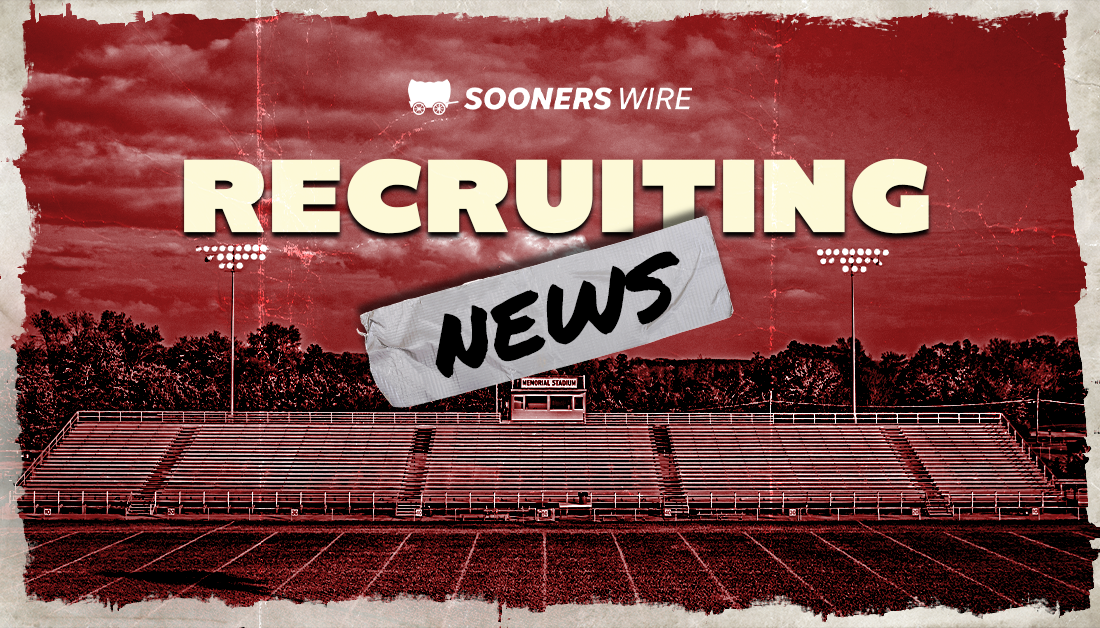President-elect Donald Trump has no grounds to delay his sentencing for yet another time, Manhattan prosecutors told the Supreme Court on Thursday as the justices decide whether to block his sentencing hearing ahead of the inauguration.
Manhattan District Attorney Alvin Bragg said postponing the Friday sentencing on felony convictions while Mr. Trump’s appeals are pending would be an error. His team argues the trial judge has signaled leniency, Mr. Trump will not be the president until Jan. 20 and that appeals will fall short.
“At this stage, defendant has not shown a significant possibility of reversal such as to warrant the extraordinary step of enjoining a pending state-court criminal case,” Mr. Bragg wrote to the justices.
Mr. Trump is scheduled to be sentenced at 9:30 a.m. Friday for falsifying business records in New York. Given his involvement in the transition process to the White House, he can appear virtually instead of in person.
Mr. Trump wants the Supreme Court to order the New York court to hold off on the sentencing while he appeals the trial judge’s decision that presidential immunity from the case did not apply.
His lawyers argue presidential immunity does apply because prosecutors used evidence related to the president’s official acts. They also argued that Mr. Trump’s status as president-elect should shield him from criminal proceedings, akin to protection that sitting presidents enjoy.
“Defendant makes the unprecedented claim that the temporary presidential immunity he will possess in the future fully immunizes him now, weeks before he even takes the oath of office, from all state-court criminal process,” Mr. Bragg wrote. “This extraordinary immunity claim is unsupported by any decision from any court.”
The highest appeals court in New York denied Mr. Trump’s request for a postponement earlier Thursday, leaving the nation’s highest court as Mr. Trump’s last option.
New York Supreme Court Judge Juan Merchan said he doesn’t plan to impose jail time on the president-elect.
A Manhattan jury convicted the former president in May of falsifying business records in an attempt to hide hush money payments to porn actress Stormy Daniels.
The conviction of Mr. Trump is historic — the first time a former president has faced criminal charges that have gone to trial. He was found guilty of all 34 counts.
During the trial, prosecutors said he criminally concealed payments to Ms. Daniels around the 2016 campaign with an intent to violate election laws.
They said Mr. Trump paid her through Michael Cohen and concealed reimbursements to the lawyer in 2017 by misidentifying checks.
Mr. Trump’s lawyers said he was busy running the country and thought he was paying Mr. Cohen for legal services, so his team logged the checks in that manner.
They also said the prosecution used novel legal theories that amounted to a political hit job against Mr. Trump’s presidential campaign.
Mr. Trump defeated Vice President Kamala Harris in November.





